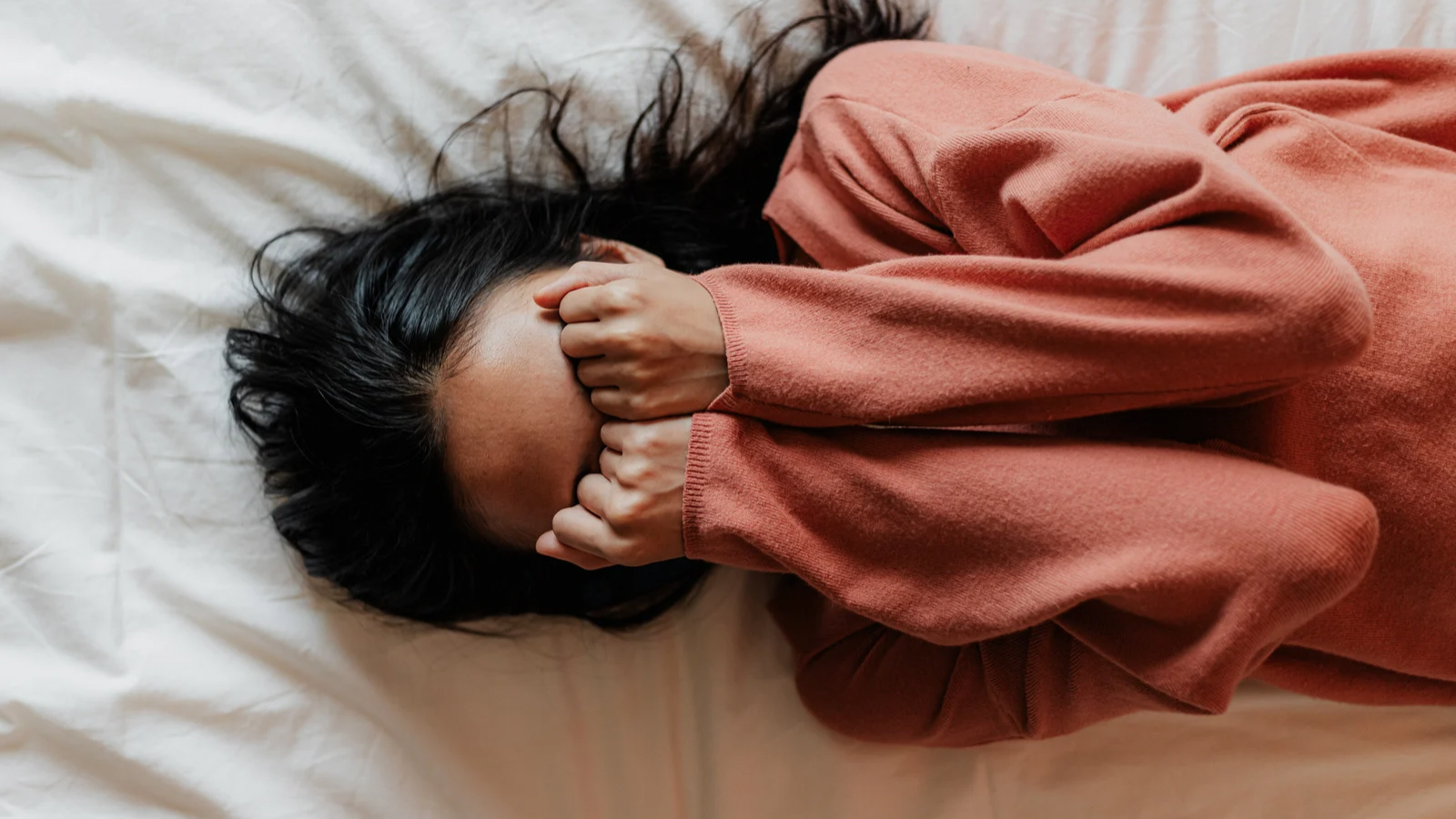Anxiety is a normal response to stress. But when it becomes hard to control and affects your day-to-day life, it can be disabling. Anxiety disorders affect nearly 1 in 5 adults in the United States. Women are more than twice as likely as men to get an anxiety disorder in their lifetime.
What is anxiety?
Anxiety is a feeling of worry, nervousness, or fear about an event or situation. It is a normal reaction to stress. It helps you stay alert for a challenging situation at work, study harder for an exam, or remain focused on an important speech. In general, it helps you cope. But anxiety can be disabling if it interferes with daily life, such as making you dread nonthreatening day-to-day activities like riding the bus or talking to a coworker. Anxiety can also be a sudden attack of terror when there is no threat.
What are anxiety disorders?
Anxiety disorders happen when excessive anxiety interferes with your everyday activities such as going to work or school or spending time with friends or family. Anxiety disorders are serious mental illnesses. They are the most common mental disorders in the United States. Anxiety disorders are more than twice as common in women as in men. Major types of anxiety disorders include Generalized Anxiety Disorder (GAD), Panic disorder, Social Phobia, and Specific Phobia.
Signs and Symptoms of an anxiety disorder:
Women with anxiety disorders experience a combination of anxious thoughts or beliefs, physical symptoms, and changes in behavior, including avoiding everyday activities they used to do. Each anxiety disorder has different symptoms. They all involve a fear and dread about things that may happen now or in the future.
Physical symptoms may include:
- Weakness
- Shortness of breath
- Rapid heart rate
- Nausea
- Upset stomach
- Hot flashes
- Dizziness
Physical symptoms of anxiety disorders often happen along with other mental or physical illnesses. This can cover up your anxiety symptoms or make them worse.
How are anxiety disorders diagnosed?
Your doctor or nurse will ask you questions about your symptoms and your medical history. Your doctor may also do a physical exam or other tests to rule out other health problems that could be causing your symptoms. Anxiety disorders are diagnosed when fear and dread of nonthreatening situations, events, places, or objects become excessive and are uncontrollable. Anxiety disorders are also diagnosed if the anxiety has lasted for at least six months and it interferes with social, work, family, or other aspects of daily life.
How are Anxiety Disorders Treated?
Treatment for anxiety disorders depends on the type of anxiety disorder you have and your personal history of health problems, violence, or abuse.
Often, treatment may include:
- Counseling (called psychotherapy)
- Medicine
- A combination of counseling and medicine
Can complementary or alternative medicine help manage anxiety disorders?
Maybe. Some women say that complementary or alternative medicine (CAM) helped lower their anxiety.
CAM therapies that may help anxiety include:
- Physical activity. Regular physical activity raises the level of brain chemicals that control mood and affect anxiety and depression. Many studies show that all types of physical activity, including yoga and Tai Chi, help reduce anxiety.
- Meditation. Studies show meditation may improve anxiety. Regular meditation may help by boosting activity in the area of your brain responsible for feelings of serenity and joy.
References
- McLean, C.P., Asnaani, A., Litz, B.T., Hofmann, S.G. (2011). Gender Differences in Anxiety Disorders: Prevalence, Course of Illness, Comorbidity and Burden of Illness. Journal of Psychiatric Research; 45(8): 1027-1035.
- National Institute of Mental Health. (2015). What are Anxiety Disorders?
- Anderson, E., Shivakumar, G. (2013). Effects of Exercise and Physical Activity on Anxiety. Frontiers in Psychiatry; 4:27.
- Harner, H., Hanlon, A.L., Garfinkel, M. (2010). Effect of lyengar yoga on mental health of incarcerated women: a feasibility study. Nursing Research; 59(6): 389-99.
- National Center for Complementary and Integrative Health. (2014). Meditation: What You Need to Know.

